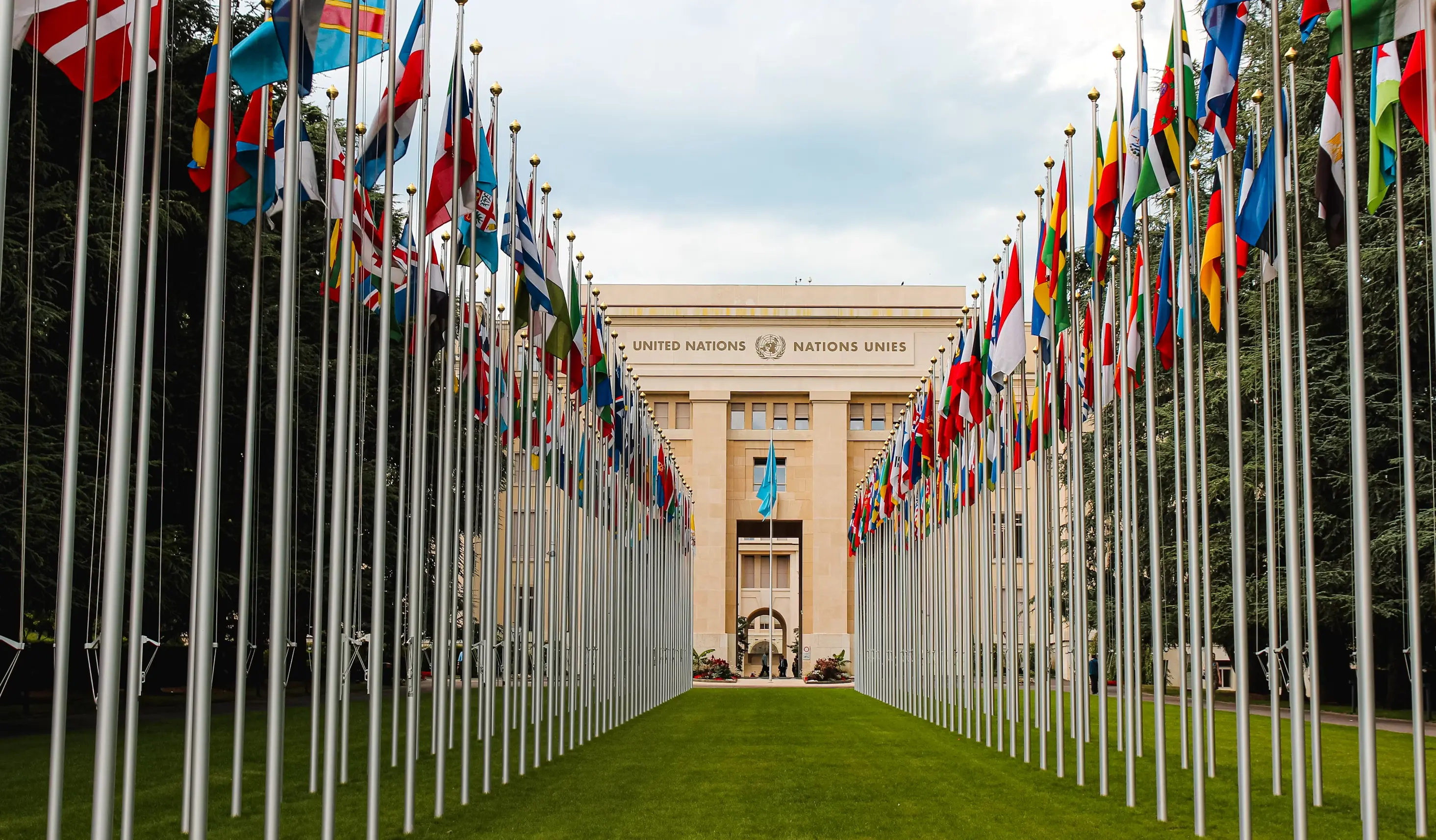Dec 16, 2024The Index of Countries’ Support for UN-based Multilateralism: Construction, Verification, and Correlates: open access paper published

A new open access paper on the index of countries’ support for UN-based multilateralism is published in Asian Economic Papers, MIT Publishing. The paper stresses that global cooperation and a strong United Nations (UN) system are needed to implement shared global goals such as the Paris Climate Agreement and the Sustainable Development Goals.
This paper focuses on the specific form of multilateralism at the center of international law—UN-based multilateralism— it evaluates, in a structured and quantitative way, the efforts made by Nation-States to promote or undermine UN-based multilateralism based on the principles set in the UN Charter in 1945. For the first time, this paper presents a new Index of countries’ support for UN-based multilateralism (UN-Mi) using six headline indicators—(i) UN treaty ratification, (ii) votes aligned with the majority at the UN General Assembly, (iii) membership in UN organizations, (iv) participation in conflicts and militarization, (v) use of unilateral coercive measures against other Nation-States, and (vi) contribution to the UN budget and international solidarity—and discusses its implications in the era of long-term global commitments for sustainable development. More specifically, the paper answers the following three questions: • How can countries’ support for UN-based multilateralism be measured? • Which countries and regions are most and least committed to UN-based multilateralism? • How has the support of major economies for UN-based multilateralism evolved over time?
Overall, the findings suggest that most of the world population lives in a country where support for UN-based multilateralism is high and has increased compared with the early years of the UN. However, there are significant differences across countries and indicators, with some of the greatest powers showcasing low and declining support for UN-based multilateralism. The poor performance of the United States and some of its allies suggests that the concepts of “rules-based international order” (RBIO) and “UN-based multilateralism” are truly distinct, and arguably, even opposite, frameworks. The statistical analysis confirms that the UN-Mi captures something different than other existing constructs that aim to capture, for instance, the size of diplomatic networks or people's confidence in the UN. The paper intends to provide evidence and possibly impetus to strengthen the UN system and address the shared global challenges of our time.
Guillaume Lafortune, and Jeffrey D. Sachs, 2024. The Index of Countries’ Support for UN-based Multilateralism: Construction, Verification, and Correlates. Asian Economic Papers (2024) 23 (3): 1–28. https://doi.org/10.1162/asep_a_00902
Read full paper here